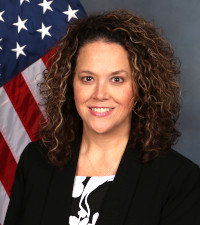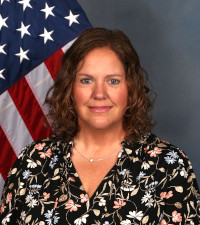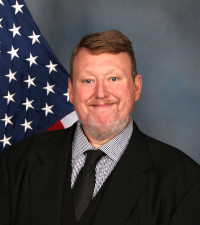The Sheriff’s Office Emergency Communications Center services all of the agency’s field personnel, investigators, and specialty units. Additionally, the Communications Center provides 9-1-1 call and dispatch services to all municipalities within the county 24 hours a day, 7 days a week, all year-round.
Emergency Communications Center Staff
The Emergency Communications Center (ECC) is staffed by 32 highly skilled Telecommunicators who serve as the backbone of our community’s emergency response system. These professionals are responsible for managing all incoming emergency calls for law enforcement, fire services, and EMS. The ECC is structured into two key areas: call processing and dispatch. Our Telecommunicators are extensively trained across all aspects of emergency communications, encompassing administrative duties, 911 call handling, and dispatch operations for law enforcement, fire, and EMS services.
The Emergency Communications Center answered a total of 185,446 combined 9-1-1 emergency and non-emergency calls. During that same time, Sheriff’s Office units handled over 54,300 calls for service. An additional 110,985 calls for service were handled by our partner law enforcement agencies throughout the county.

Kim Lewis
Director

Patti Long
Deputy Director

Brian Ross
Deputy Director
9-1-1 Call Taking Process
Telecommunicators handle incoming calls from the public, ascertain the nature of each incident, and enter relevant details into the Computer-Aided Dispatch system (CAD). This information is crucial for first responders. Subsequently, the system directs the call to a Telecommunicator who assesses the situation, evaluates available resources, and dispatches the nearest law enforcement, fire, or medical unit.
What to Know When Calling 9-1-1
When calling 911, it is important to stay calm and answer the operator’s questions as clearly as possible. These questions are designed to help responders get the information they need to help you quickly. Here are some common questions you might be asked:
Even though answering these questions might feel like it’s taking extra time, it actually helps responders to prepare properly and get to you as quickly as possible.
If you call 911 by mistake, stay on the phone and tell the operator that everything is alright. An officer may still be dispatched to your location to confirm that everything is OK.









